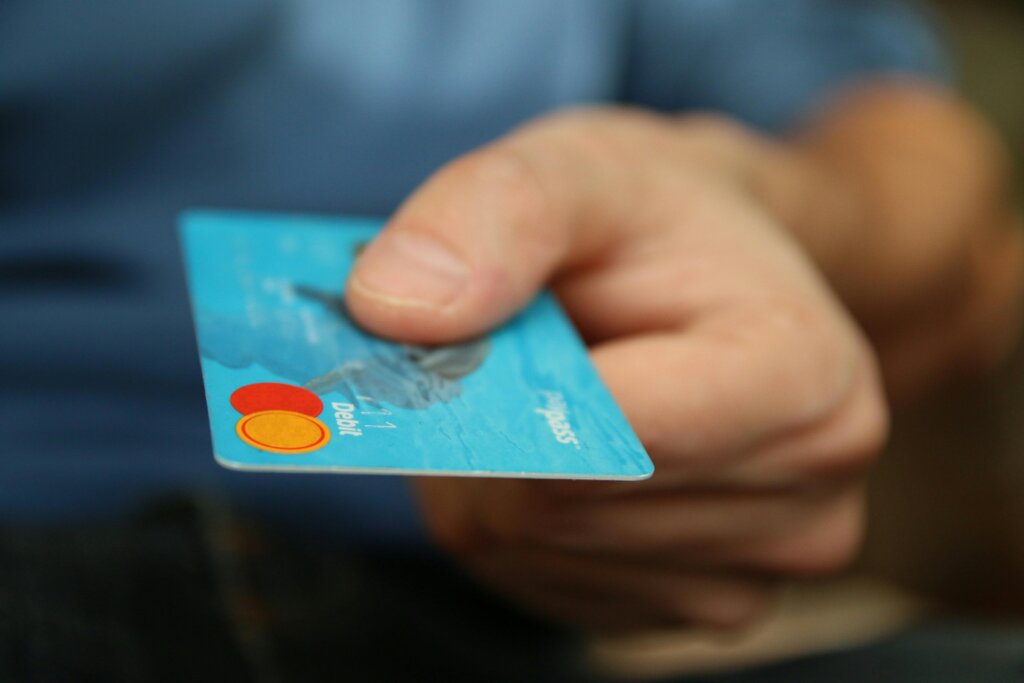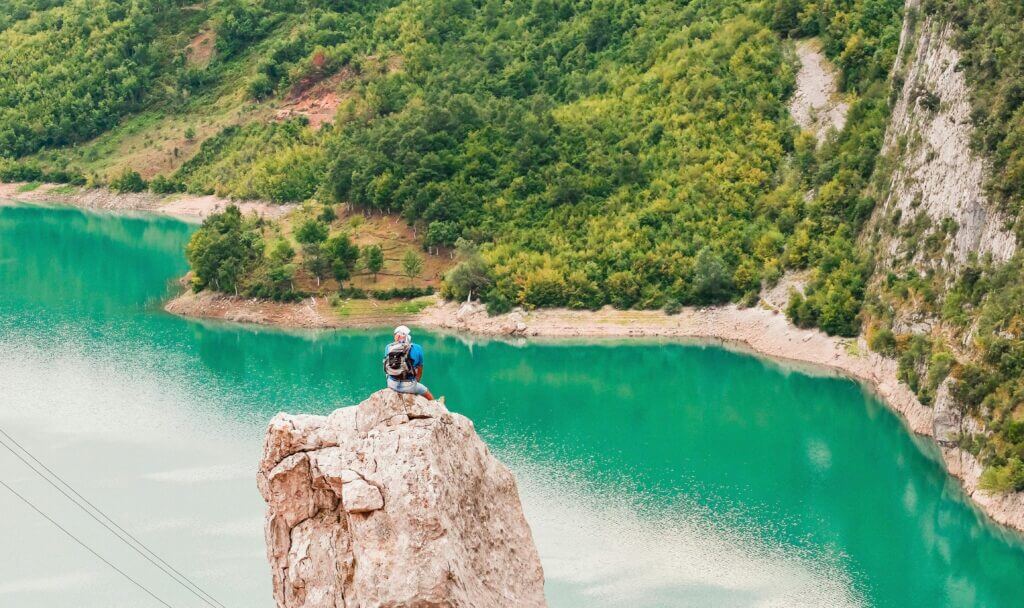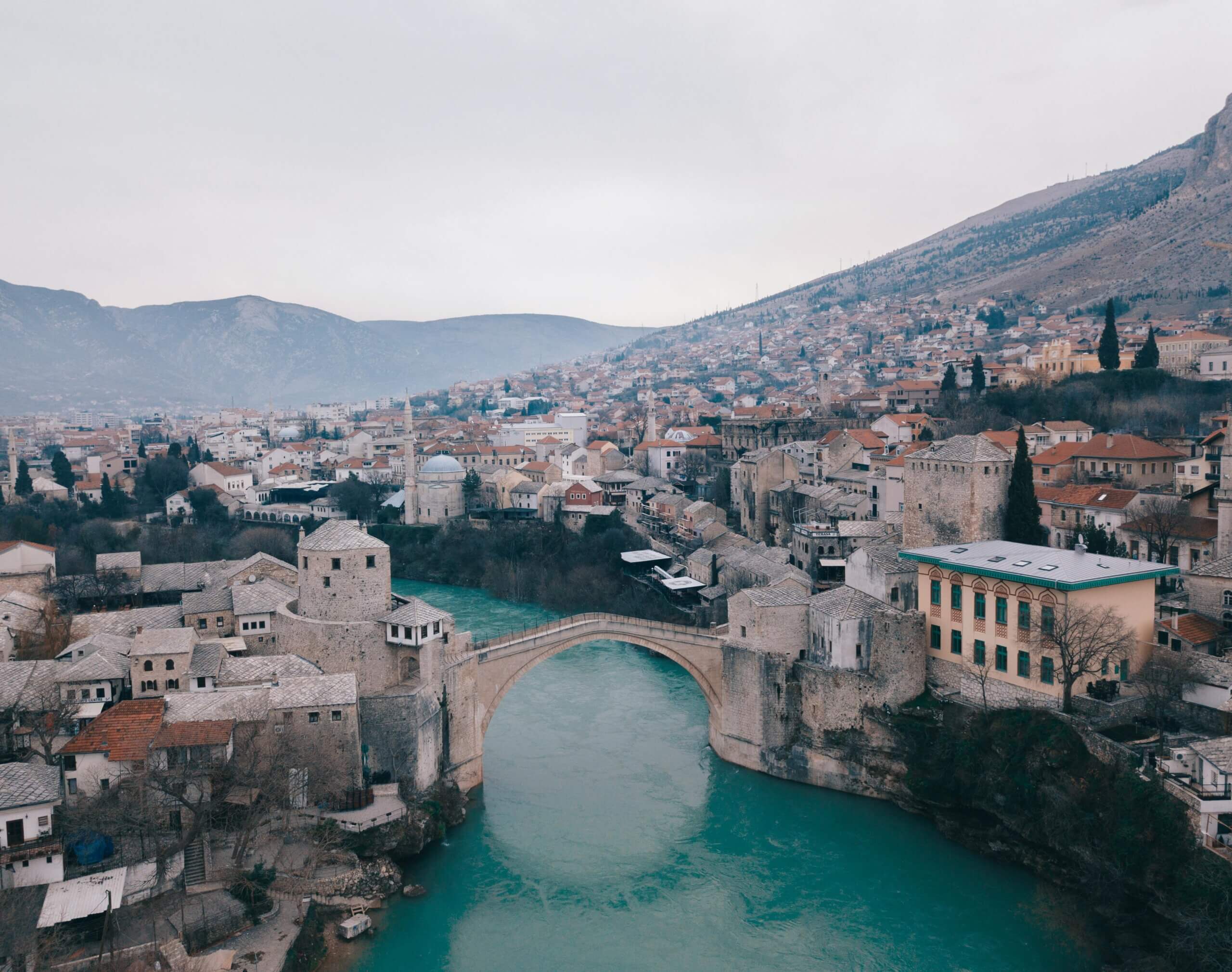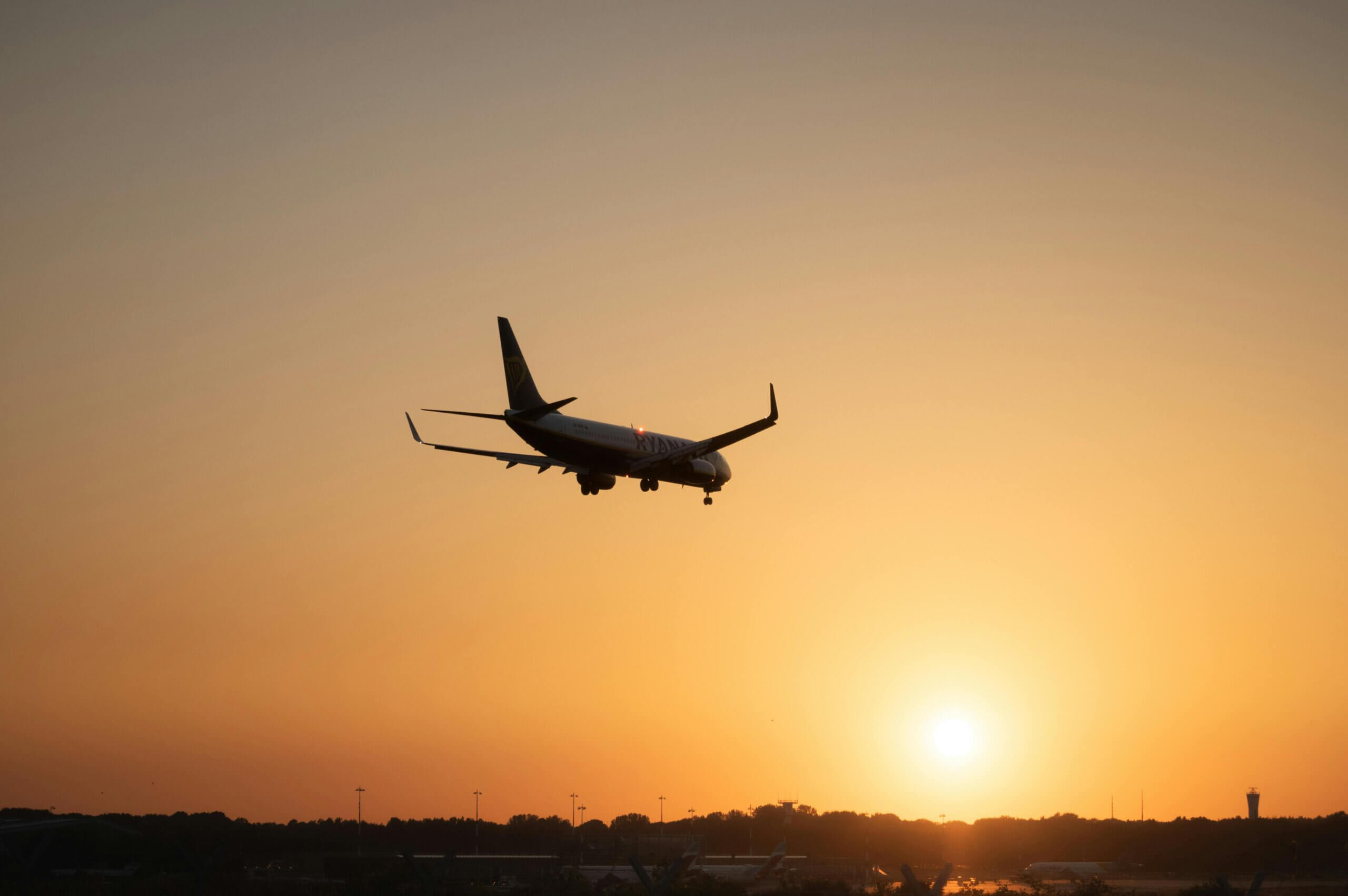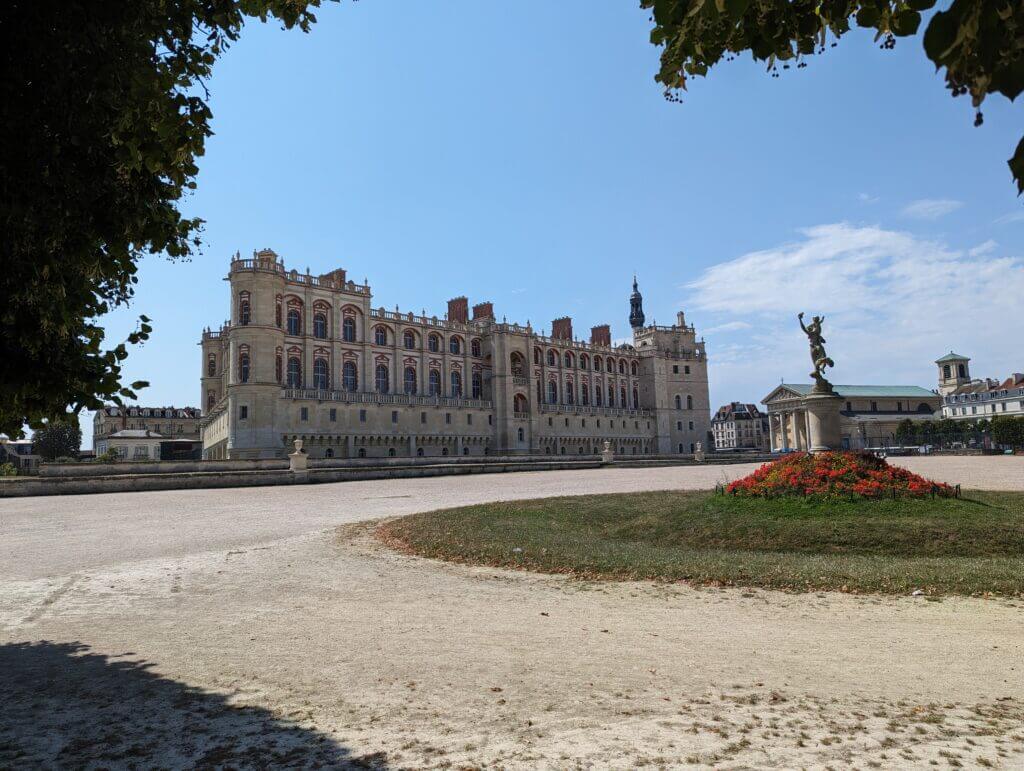Nestled in Southeast Europe, Bulgaria is home to an eclectic blend of history, culture, and natural beauty. The capital city, Sofia, is renowned for its grand architecture and vibrant cultural scene. Equally, when you visit Bulgaria, you’ll find charming medieval towns, picturesque landscapes, magnificent mountains, lush forests, and beautiful Black Sea beaches. Not forgetting the rich traditions, hearty cuisine, and warm hospitality that define Bulgarian culture. Whether seeking adventure, history, or unique experiences, Bulgaria promises unforgettable memories and discoveries for every traveler.
This Bulgaria travel guide will provide extensive information to help you plan your next trip. You can find all my Bulgaria posts at the bottom of the page. Or, check out other destinations for your trip.
Travel Info about Bulgaria
- Bulgaria uses the Bulgarian Lev (BGN) as its currency, and as of July 2024, 1 BGN = 0.56 USD / 0.43 GBP.
- Bulgaria uses plug type C and type F and, the standard voltage is 230V with a frequency of 50Hz. Grab this universal travel adapter so you’re always prepared.
- Public transport in Bulgaria is reliable and very affordable. Sofia, the capital city, offers metro, tram, and bus services, with options for tourist passes and travel cards. For intercity travel, you can use trains, buses, or ride-sharing services.
- Bulgaria operates on Eastern European Time (EET), which is UTC+2.
- Tipping is standard practice if service is not included in your bill. Usual expectations are 10% or 15-20% if the service was exceptional.
- Also, Depending on your nationality, you may need a visa for Bulgaria if you are traveling from outside the EU. Check specific visa requirements based on your country.
- Ensure your passport is valid for at least six months beyond your planned departure date.
- Routine vaccinations like measles and hepatitis should be up to date. Bulgaria is generally very safe for travellers, but as with any destination, it’s wise to stay aware of your surroundings, especially in crowded areas.
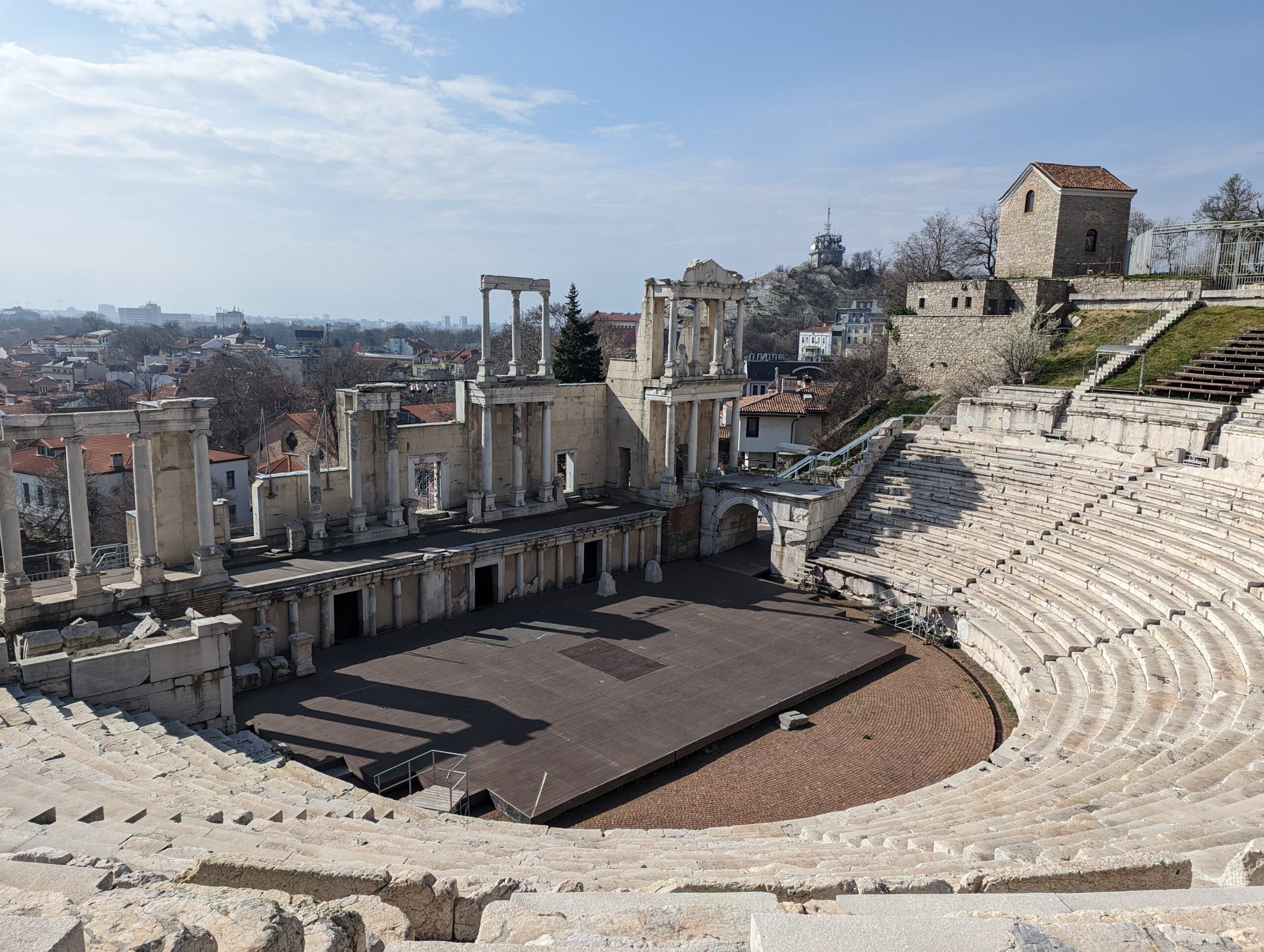
Fun Facts about Bulgaria
- Bulgaria is famous for its ancient Thracian heritage, including the iconic Kazanlak Tomb, a UNESCO World Heritage Site.
- The country boasts 10 UNESCO World Heritage Sites, including the stunning Rila Monastery and the Thracian Tomb of Sveshtari.
- Bulgaria is known for its vibrant folklore, including colorful festivals and traditional dances.
- Bulgaria features the spectacular Rose Valley, famous for its rose oil production.
- The Bulgarian Cyrillic alphabet is used by over 250 million people worldwide, making it one of the most widespread writing systems.
Bulgarian Culture
- When you visit Bulgaria, you will find a country rich in cultural heritage and traditions.
- In Bulgaria, cultural traditions, art, community, festivals and classic food dishes are highly valued and emphasised. You should learn some basic phrases before visiting Bulgaria, as older generations are not well versed in English. For example, it’s polite to say “Zdraveite” (Hello) when entering shops or restaurants, “Blagodarya” means thank you, and “Dovijdane” means goodbye. A polite greeting might also include a handshake.
- When you visit, don’t miss the traditional Bulgarian cuisine. Firstly, try banitsa (cheese pastry) and kavarma (pork stew). Then, for a traditional dessert, you can indulge in baklava, as well as exploring the country’s delightful array of wines.
- Bulgaria is predominantly Eastern Orthodox Christian, so you’ll find beautiful churches and monasteries throughout the country.
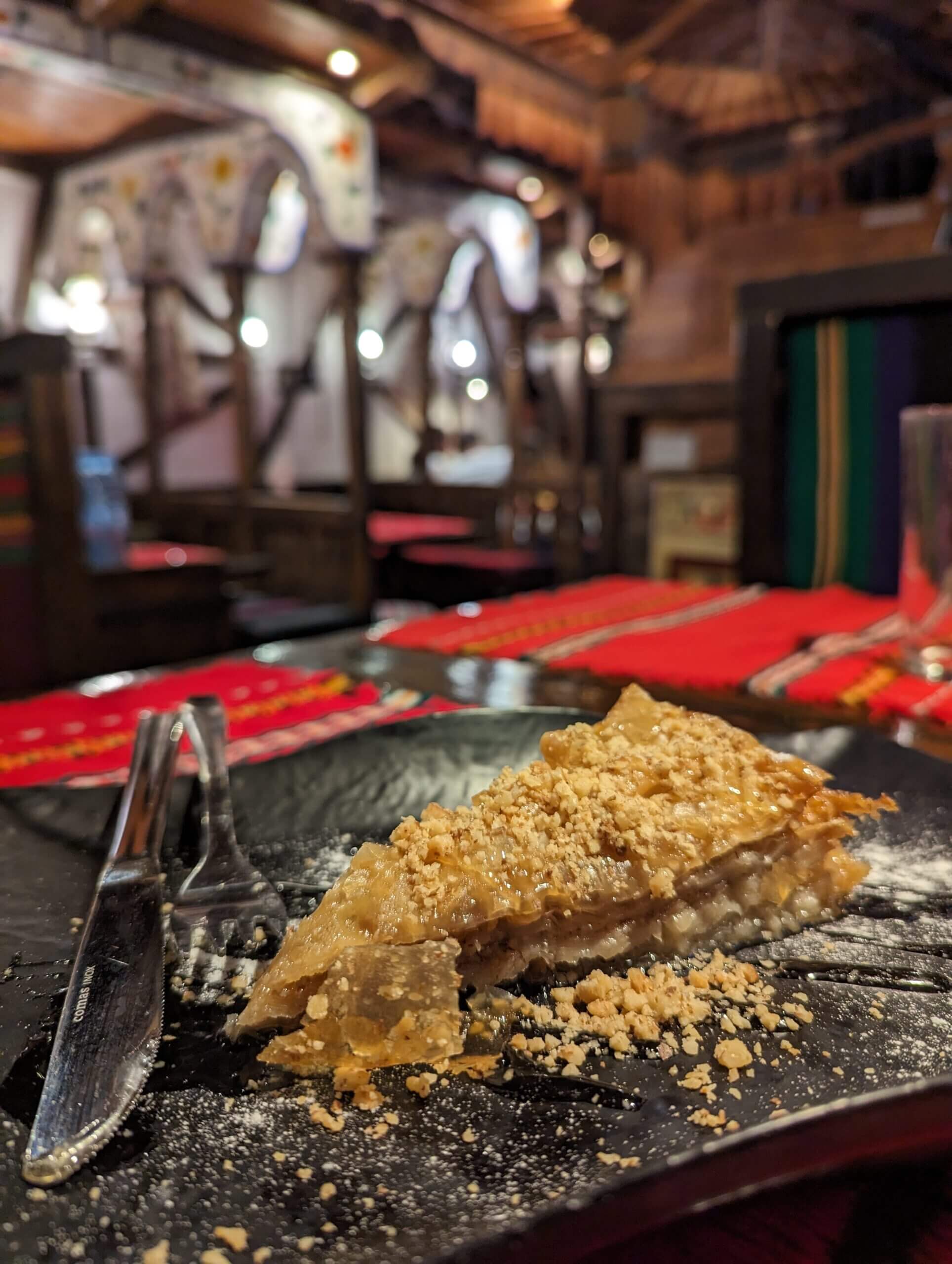
Budgeting in Bulgaria
- Bulgaria is known to be a relatively cheap destination within Europe, and offers a range of options for traveler’s, from budget to luxury.
- For budget traveler’s, you can enjoy local meals for around BGN 10-20 ($5-10), while mid-range restaurants might cost around BGN 30-50 ($15-25) per person.
- Accommodation options in Bulgaria range from budget hostels at about BGN 20 ($10) per night to more luxurious hotels and boutique stays. Equally, if you’re looking for a higher-end experience, be prepared to pay more for premium lodgings, as with all destinations.
Travel and Transport
- Getting to Bulgaria is straightforward with access from most international airports. Sofia Airport also offers frequent flights to and from major European cities. It also offers other international airports including, Plovdiv.
- Make sure you book the cheapest flights to Bulgaria by using my expert guide to cheaper flights and use the code BLOG to get 25% off the marked price.
- For traveling around the country, Bulgaria’s train system is extensive and connects major cities and regions. These intercity trains offer a magical experience, with 6-berth compartments and chairs that fold fully flat. Also, in the capital, Sofia’s Metro, tram, and bus systems are efficient for exploring the capital and you can purchase travel cards which gives you access to all of them for an extremely low price. Car rentals and ride-sharing services are also available.
- Public transport in Bulgaria is reliable and affordable. Despite the transport not being particularly modern, it is dependable and cost-effective.
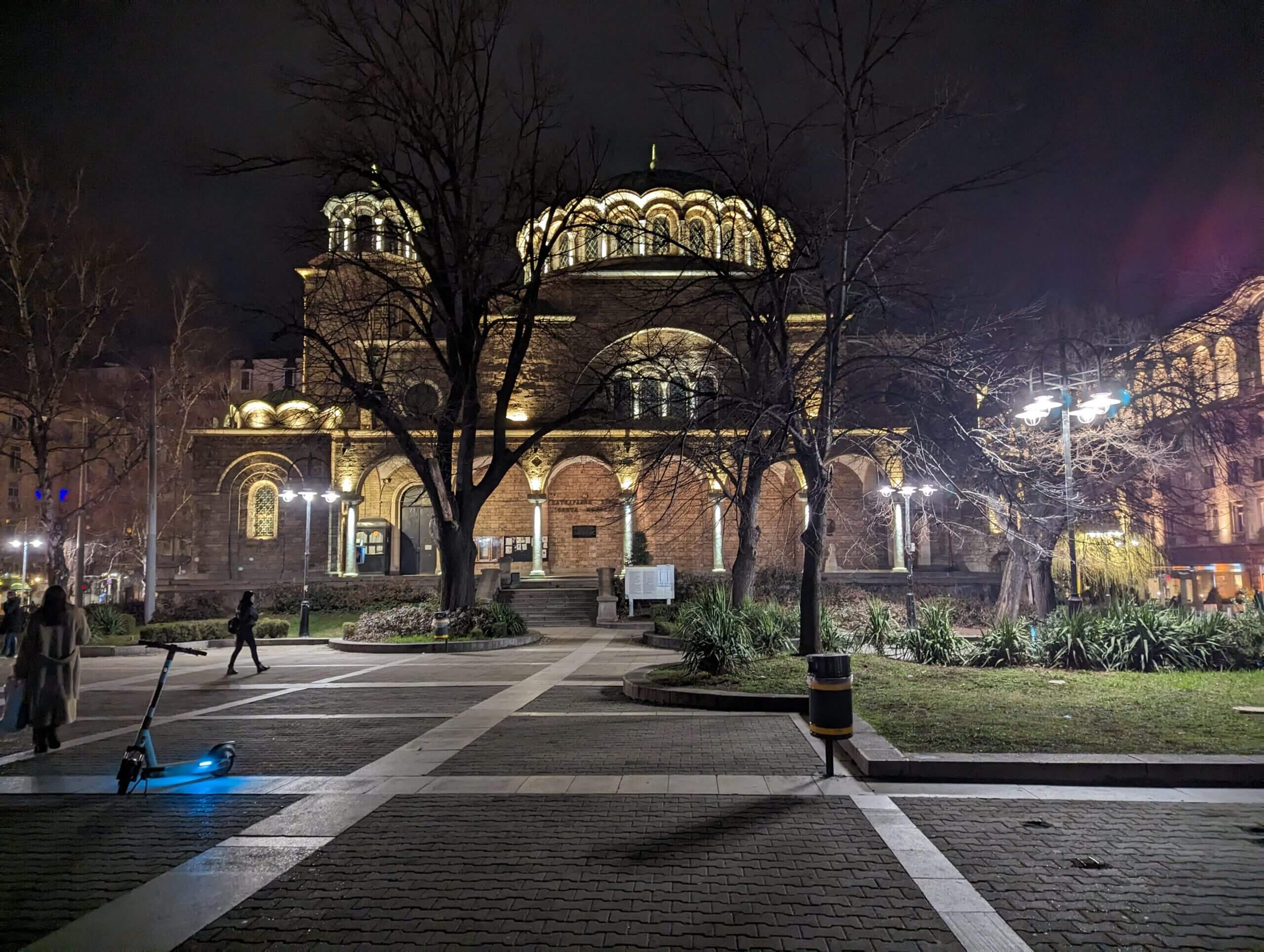
Seasons/ When to Visit
If you are visiting Bulgaria, you will need to choose your travel dates wisely depending on the experience you desire. Major cities and beach destinations in Bulgaria will be busier in the summer months due to the good weather; however, the winter months bring the offer of attractive ski resorts and show covered mountain landscapes.
Spring in Bulgaria (March to May)
- Spring in Bulgaria brings blooming landscapes and pleasant temperatures. The countryside comes alive with wildflowers, making it a perfect time for hiking in the Rila and Pirin Mountains. Cities like Plovdiv and Veliko Tarnovo are less crowded, allowing for peaceful exploration of historical landmarks. Spring also sees festivals, including Baba Marta, celebrating the arrival of spring with colourful traditions.
Summer in Bulgaria (June to August)
- Summer in Bulgaria is warm and vibrant, especially along the Black Sea coast. Beach resorts like Sunny Beach and Golden Sands are bustling with tourists, offering sun, sea, and nightlife. Inland, Sofia and other cities host cultural festivals, while the mountains offer cool retreats for hiking and nature lovers. This is the best time to explore Bulgaria’s national parks and the Seven Rila Lakes.
Autumn in Bulgaria (September to November)
- Autumn brings cooler weather and a quieter atmosphere. The countryside transforms into a vibrant mix of red and gold, especially in the Balkan Mountains. It’s a great time to visit Bulgaria’s vineyards in the Melnik region or explore historical towns like Koprivshtitsa. The weather is ideal for exploring both cities and nature.
Winter in Bulgaria (December to February)
- Winter in Bulgaria is perfect for snow sports enthusiasts. The mountain resorts of Bansko, Borovets, and Pamporovo offer skiing and snowboarding opportunities. Meanwhile, cities like Sofia and Plovdiv are festively decorated, with Christmas markets adding charm to the chilly weather. Winter is also a great time to enjoy traditional Bulgarian cuisine, with hearty dishes like banitsa and shopska salad.
Areas to Stay/Visit in Bulgaria
Bulgaria has a wealth of destinations to explore, depending on your desired experience and the time of year.
Sofia
- This capital city is perfect for urban explorers wishing to delve into the history if the country. Stay in the city centre to explore major attractions like the Alexander Nevsky Cathedral and Vitosha Boulevard. The area offers luxury hotels, boutique stays, and easy access to cultural hotspots.
Plovdiv
- This ancient city is known for its charming Old Town and Roman ruins. You can stay in the Old Town for a historic vibe, with cobbled streets, galleries, and beautifully preserved houses. Or, opt for Kapana, the creative district, buzzing with trendy cafes and artistic venues.
Sunny Beach
- For a beach vacation, Sunny Beach is the country’s most popular seaside resort, offering all-inclusive resorts, lively nightlife, and proximity to the UNESCO town of Nessebar.
Bansko
- As Bulgaria’s premier ski resort, Bansko offers an excellent winter getaway. The area has luxury chalets, cozy lodges, and easy access to ski slopes, hiking trails, and thermal spas.
Varna
- On the Black Sea coast, Varna is a mix of beaches and culture. Stay near the Sea Garden for ocean views and access to museums, restaurants, and entertainment.
Veliko Tarnovo
- A historical gem, Veliko Tarnovo is best for those wanting to explore Bulgaria’s medieval heritage. Stay near Tsarevets Fortress for panoramic views and proximity to the city’s landmarks.
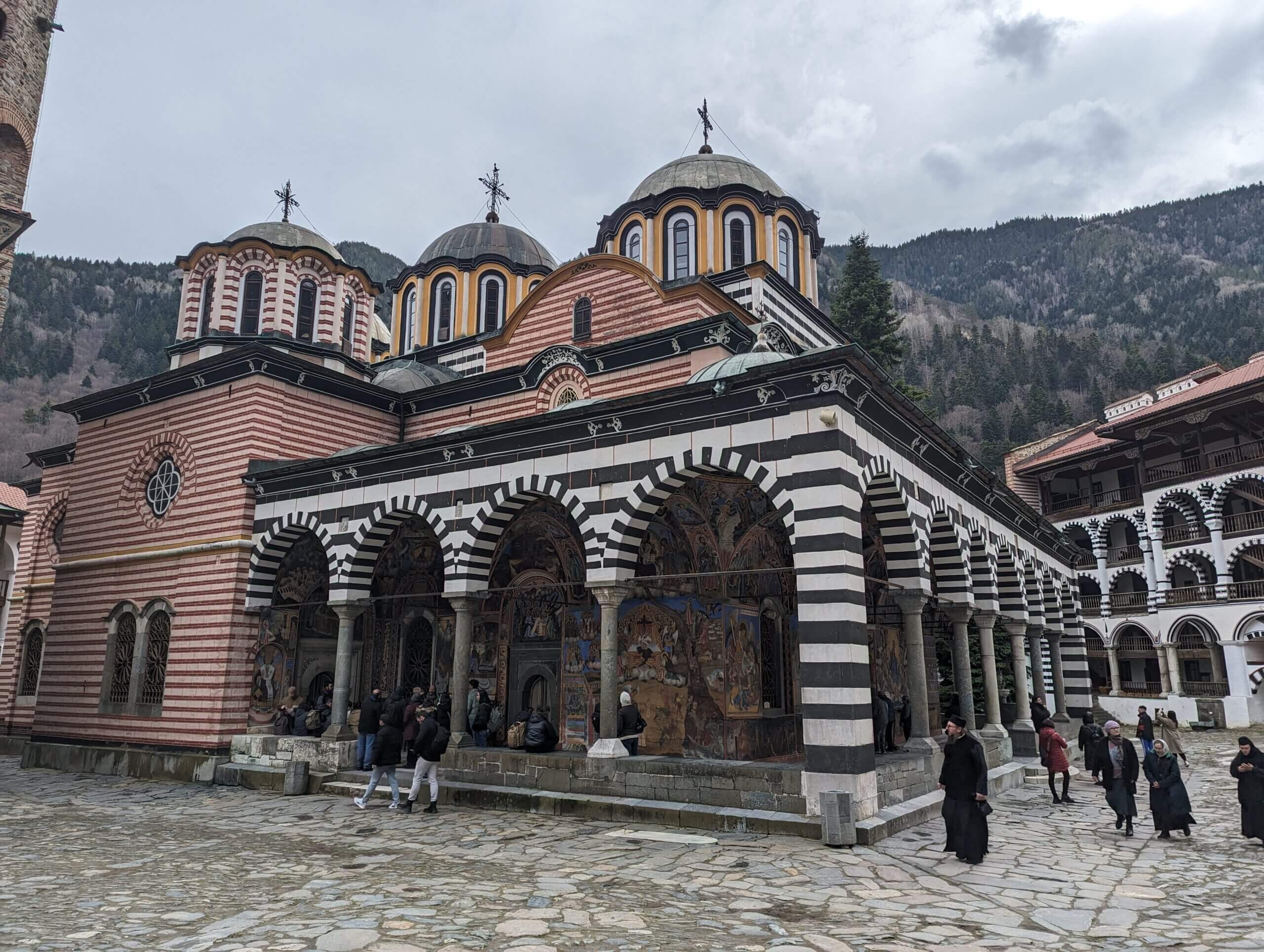
Things to Do
In Bulgaria, you can experience a variety of unforgettable activities throughout the entire country, and take part in an array of experiences, from cultural treasures to outdoor adventures. :
- Start in Sofia, the capital, where ancient history meets modern life. Visit Alexander Nevsky Cathedral, Boyana Church, and the National History Museum for a glimpse into Bulgaria’s past. Don’t miss a hike up Vitosha Mountain, just outside the city, for incredible views and nature.
- In Plovdiv, explore the Roman ruins, including the Roman Theater, and stroll through the Old Town, filled with colorful houses and art galleries. For history lovers, Veliko Tarnovo’s medieval Tsarevets Fortress offers stunning views and insight into Bulgaria’s royal history.
- For nature enthusiasts, Bulgaria’s mountains are a paradise. Hike to the Seven Rila Lakes or explore the scenic Rhodope Mountains. During winter, ski resorts like Bansko and Borovets attract snow sports lovers with their well-groomed slopes and après-ski activities.
- The Black Sea coast offers summer fun, with lively resorts like Sunny Beach and Sozopol. Relax on the sandy beaches, explore ancient seaside towns, or try water sports.
- Finally, experience Bulgaria’s rich cultural traditions at local festivals, sample delicious wines in Melnik, and enjoy the hearty, flavorful Bulgarian cuisine in every region.

